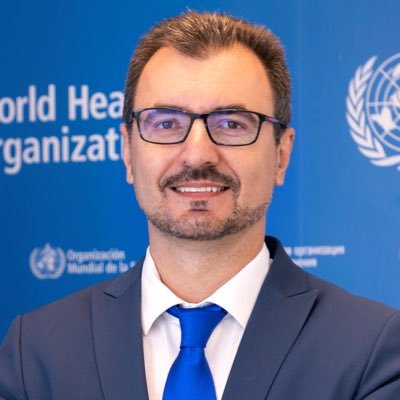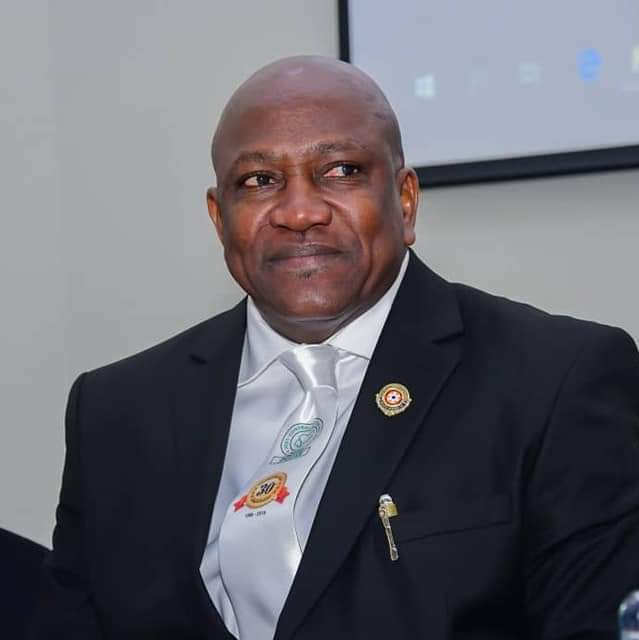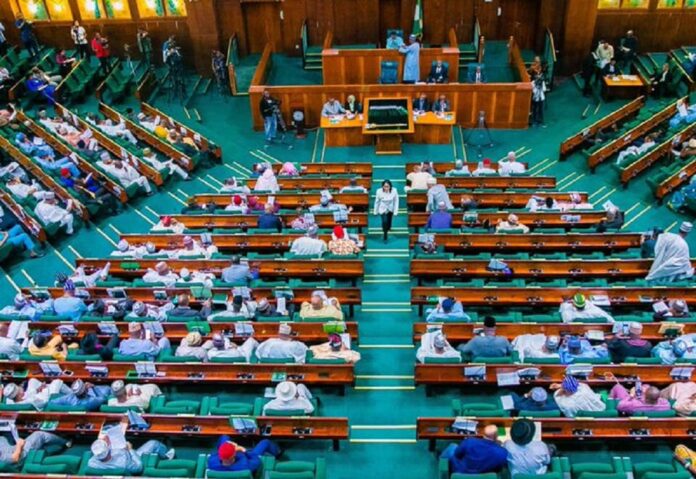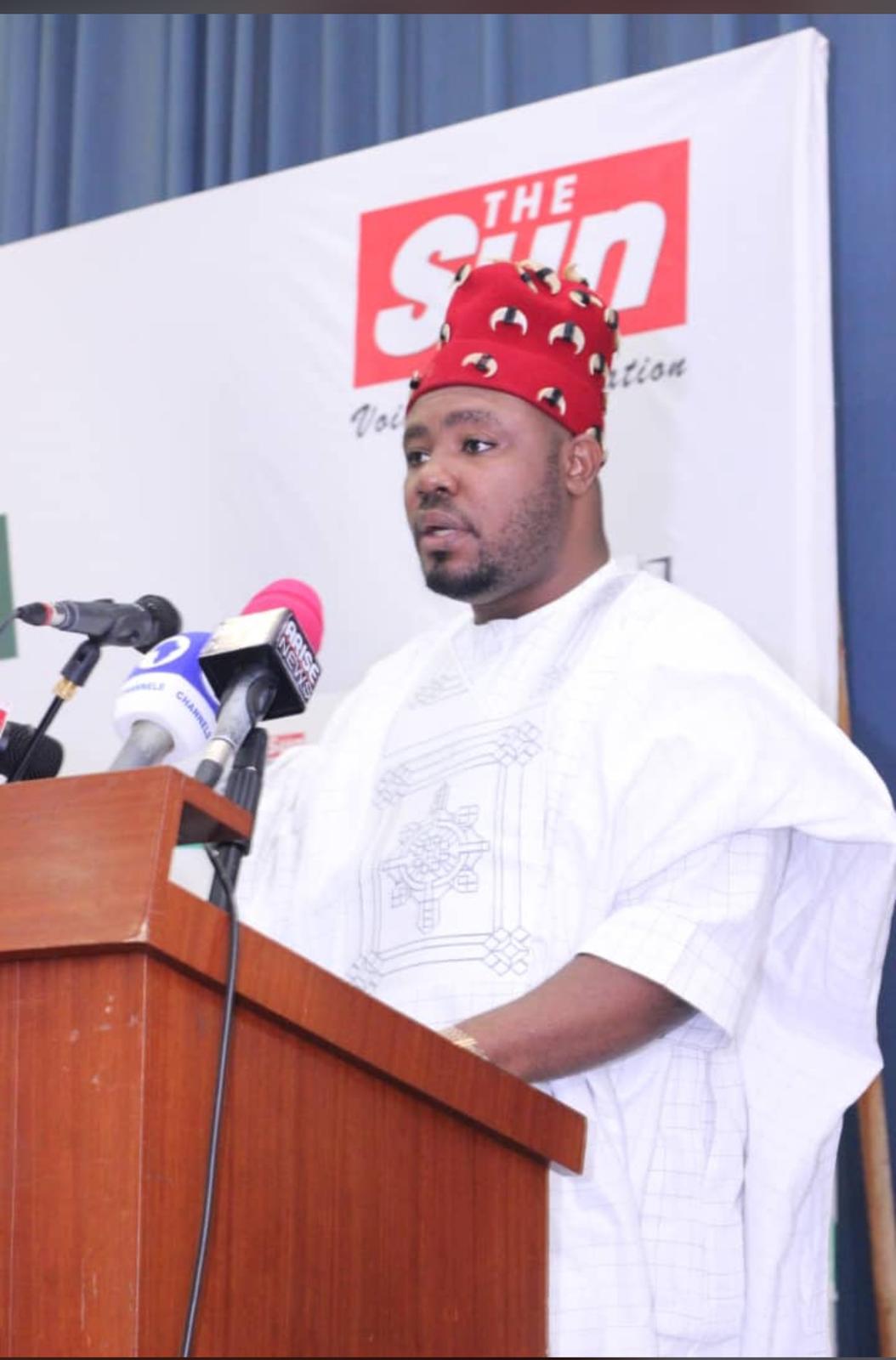WHO Urges Nigeria to Deepen Health Reforms to Strengthen Equity, Resilience, innovation across sector

The World Health Organization (WHO) has called on Nigeria to accelerate the implementation of key health reforms to strengthen equity, resilience and innovation across the country’s health sector.
Delivering a goodwill message at the opening of the 66th National Council on Health (NCH) in Calabar, Cross River State on Thursday, the WHO Representative and Head of Mission in Nigeria, Dr. Pavel Ursu, commended the Federal Government for recent policy milestones but stressed the need for decisive action to translate commitments into measurable outcomes.
Addressing an audience that included the Governor of Cross River State, the Coordinating Minister of Health and Social Welfare Prof. Muhammad Ali Pate, the Minister of State Dr. Iziaq Adekunle Salako, state commissioners for health, the Permanent Secretary of the Federal Ministry of Health, Ms. Daju Kachollom, and other senior officials, Dr. Ursu said the 2025 NCH theme—“My Health, My Right: Accelerating Universal Health Coverage Through Equity, Resilience and Innovation”—reflects a critical global imperative.
He emphasized that health must be viewed as a human right, noting that the theme aligns with the UN Sustainable Development Cooperation Framework (2023–2027), which prioritizes inclusive and resilient development. According to him, “Universal Health Coverage is a legal and moral obligation, not just a technical aspiration.”
Dr. Ursu highlighted recent federal achievements, including the increase of the Basic Health Care Provision Fund from 1% to 2% of the Consolidated Revenue Fund, describing it as a significant advance in sustainable and domestic health financing. He also applauded the government’s adoption of a landmark policy on health workforce migration, along with expanded training initiatives aimed at strengthening frontline capacity across the country.
Despite these gains, the WHO Representative underscored persistent gaps that require urgent policy attention. He noted that the findings of the recently concluded Joint Annual Review (JAR) offer practical recommendations that the Council should consider for endorsement and implementation.
“As leaders at federal and state levels, your role in approving and enforcing these policies is pivotal to achieving equity and resilience in health systems,” he stated.
READ ALSO: 25 Schoolgirls Abduction: Tinubu Orders Defence Minister Relocation to Kebbi
LASUTH CMD urges Nigerians to embrace philanthropic gestures
Dr. Ursu reaffirmed the WHO’s commitment working jointly with the United Nations Country Team—to support Nigeria through evidence-based policymaking, capacity building, and robust monitoring frameworks to guarantee accountability and sustained impact.
He urged the Council to use the 2025 meeting to institutionalize reforms, harmonize strategies and deepen partnerships that can deliver a resilient health system capable of ensuring that every Nigerian enjoys health as a fundamental right.
.





